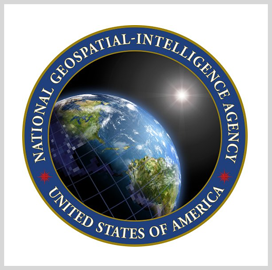Orbital Insight and its partners will work on a computer vision model to make it capable of detecting novel objects in support of the National Geospatial-Intelligence Agency.
The company said Thursday that it secured a phase two contract under the Small Business Innovation Research program, under which it will collaborate with Rendered.ai and the University of California, Berkeley on the use of both synthetic and real imagery to train object detection models.
The initiative is aimed at developing enhanced training approaches when utilizing mixed training data. The company completed a Phase I collaboration with NGA that led to the award of the Phase II SBIR contract.
“There is an influx in imagery and data that humans can’t analyze with eyesight alone. While our national security relies on this data, computer vision can help provide the right answers,” said Kevin O’Brien, CEO of Orbital Insight.





